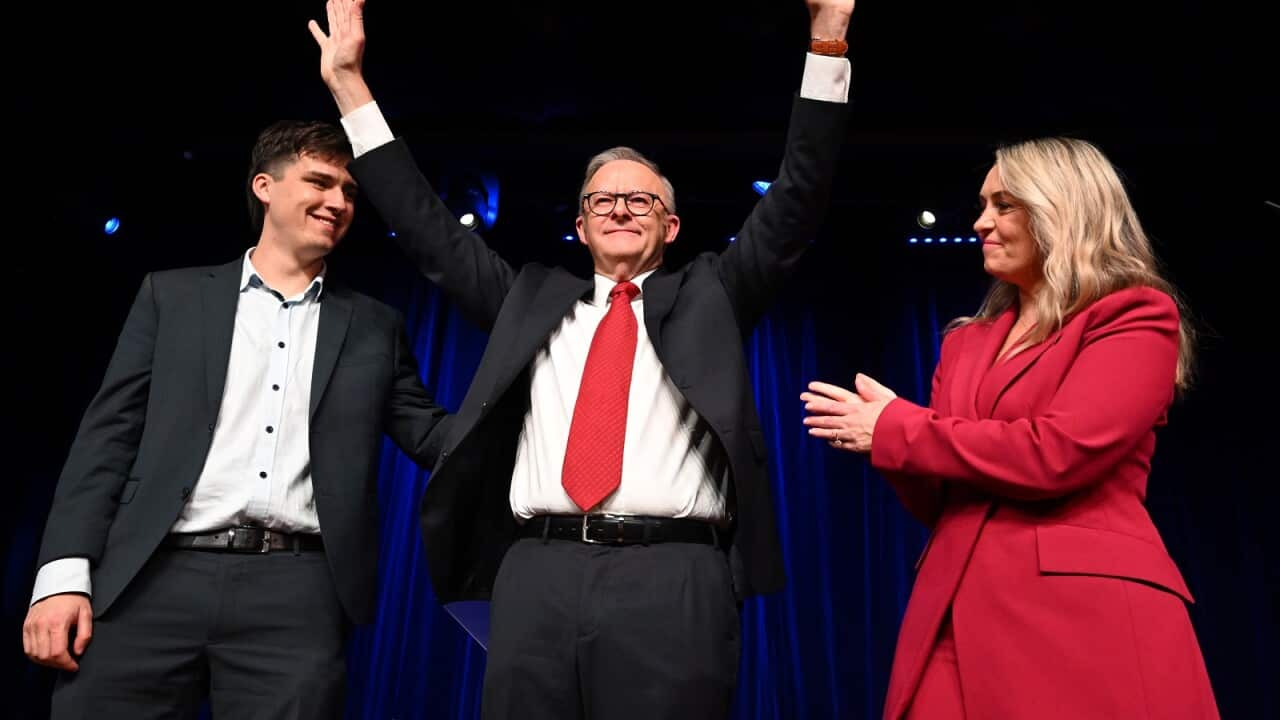TRANSCRIPT
January the 26th can mean different things depending on who you speak to in Australia.
The public holiday is known as Australia Day, but to others it is known instead as Invasion Day or Survival Day.
Historically, January 26th marks the day in which Captain Arthur Philip landed in Sydney Cove and established a penal colony, marking the beginning of European settlement in Australia.
For many Indigenous Australians, this public holiday marks a day of mourning and pain.
Around the country, thousands of people in all major cities joined in protest to show their solidarity with First Nations people.
Sissy Eileen-Austin spoke at the Invasion Day rally in Sydney.
"The lead up to and the day of January 26, has forever been a gut-wrenching one, a day where a country celebrates a violent invasion and genocide. Over the years, thousands have begun turning up to protest against everything that is celebrated on January 26."
Some of those not supporting Australia Day are calling for the public holiday to be abolished altogether and for issues such as Indigenous incarceration rates to be addressed.
Uncle Bill Nicholson, a Wurundjeri elder from Melbourne, says it's an emotional day.
"I always get goosebumps at this time of year standing in front of so many people, both Indigenous and non Indigenous and who want to change this date that celebrates genocide, murder and theft, and create more unity in the community by celebrating all the diversity."
At a protest in Darwin, Larrakia Tiwi woman Malill Mammay called for Traditional Owners to have more of a say in managing and protecting the land.
"Our theme for today is land back and that basically summarises the prioritising of traditional owners voices and their wisdom and their knowledge and also the rights that they have to protect country and to manage country. When we're talking about carrying or protecting country what we mean is really thought out, intricate management of country that has been led by indigenous people for millennia."
In Canberra the Tent Embassy, established on January the 26th in 1972, hosted a rally in support of land rights.
Elsewhere in the nation's capital, Prime Minister Anthony Albanese attended a citizenship ceremony.
He says the day is a chance to reflect on what Australia has achieved.
"Australia Day is our chance to pause and reflect on everything that we have achieved as a nation. Everything that we have created and built and learned through all the ups and downs of our history, the mighty challenges we have faced the profound opportunities we have seized the stern test, we have passed together everything that has made us who we are."
For others, January 26th marks the day they became citizens of Australia.
Today, 22,000 people from over 150 countries became Australian citizens.
Among them was Denzel.
Originally from South Africa, he's spent most of his life here and says it feels natural to be an Australian.
"Um, it's it's, I honestly don't know how to describe it. Like the venue is just really great. It's a really great feeling to be in Australia. So it's taken a while but yeah, I mean, I spent most of my life here so, it honestly it feels like a it feels natural. It feels like I should be."
Calls for change however, have seen some Australians outraged.
The recent decision from supermarket giants Woolworths to no longer stock Australia Day merchandise led to calls for a boycott from opposition leader Peter Dutton.













